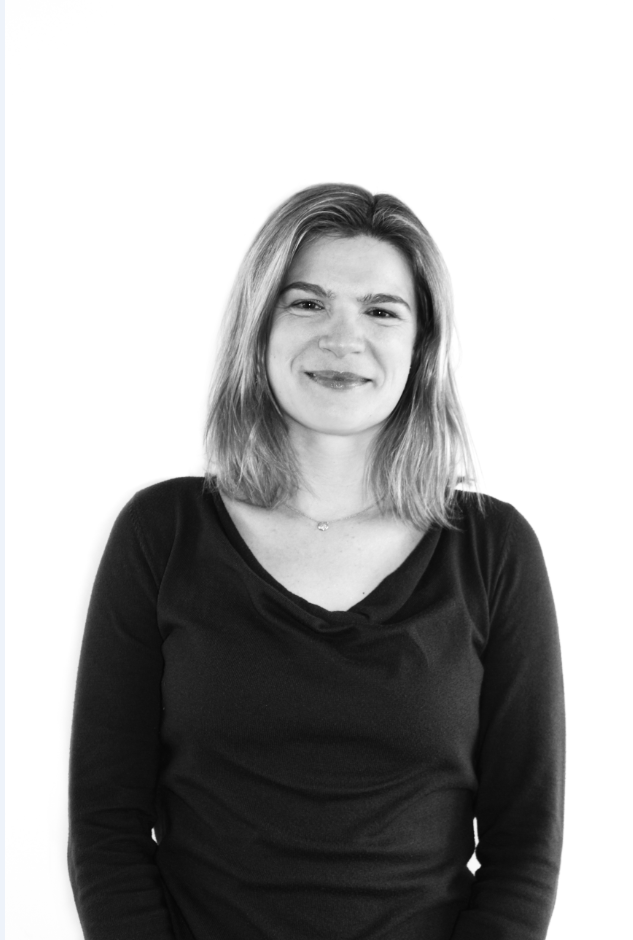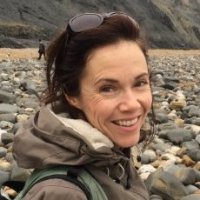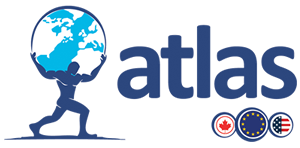Effective external communication, dissemination and optimal knowledge transfer of ATLAS must lead to the widest exploitation of its research outputs: these should include contributing to the Atlantic Action Plan initiatives on Ocean Literacy and further support development of the European Research Area and the Atlantic Ocean Research Alliance.
Successful knowledge transfer is a core cross-cutting dimension to ATLAS and is being achieved through the adoption of a broad range of targeted knowledge transfer tools and channels, ensuring that engagement and exchange, assuring that research outputs are transferred effectively to relevant end-users, stakeholders and the wider public.
Work package 9 is being led by AquaTT, who ensures effective external communication, dissemination and optimal knowledge transfer of the ATLAS results. Outreach is being led by Dynamic Earth one of the UK’s largest earth science outreach centres (230,000 visitors per year). They will develop a dynamic ATLAS exhibition stand for the dissemination of the project at key events. The centrepiece of which will be an interactive display allowing visitors to experience taking command of a Remotely Operated Vehicle (ROV) to control a video survey of Atlantic deep-sea ecosystems. Dissemination and wider uptake of these new exciting outreach assets will be through linking to the two BG-13 Ocean Literacy projects ‘Sea Change’ and ‘ResponSEAble’ as well as distribution via the ECSITE science museum network. Scientific dissemination will be assured via presentations at scientific symposia, peer-reviewed publication and an open science approach as described in work package 8.
Key objectives
- Promoting the project and its objectives, partners, funding and activities
- To identify, collect and analyse the research results generated out of the project in order to suitably define and carry out knowledge transfer resulting in measurable uptake and application
- To carry out scientific dissemination of ATLAS results via publications, conferences, networks, training and external collaborations
- To compile the new knowledge generated within the project and facilitate exploitation through targeted engagement/exchange with specific policy and industry end-users.
- Contribute to the Atlantic Action Plan initiatives on Ocean Literacy by developing new exciting and dynamic Outreach resources based on the project activities and carry out citizen focussed outreach activities.
- Establish and encourage linkages with related initiatives in support of the ERA and AORA
Meet the Team
 Lead: Marieke Reuver (AquaTT)
Lead: Marieke Reuver (AquaTT)
Marieke Reuver joined AquaTT in 2006 and has been Programme Manager since 2010. She has extensive experience in managing EC research projects, dealing specifically with knowledge management and transfer, communication and dissemination, as well as stakeholder engagement. She has been Work Package leader of activities related to the above for more than 20 FP7 and H2020 projects and has been/is a member of project steering committees, executive committees and advisory boards. Marieke has a background in Animal Science (MSc) with an aquaculture specialisation from Wageningen University (the Netherlands) and previously worked as an Education Assistant at Wageningen University and as a consultant at The Food and Agriculture Organization of the United Nations (Italy).
 Dr Annette Wilson (AquaTT)
Dr Annette Wilson (AquaTT)
Annette Wilson has over five years of research experience in the field of Oceanography and Marine Biogeochemistry. Her PhD work examined the transport of organic material from shelf seas to the deep sea and the influence of bottom trawling on food source heterogeneity in submarine canyons. Previously she working in a support science role for an international training programme. Annette is passionate about science communication, knowledge management & the deep sea.
 Dr Hermione Cockburn (Dynamic Earth)
Dr Hermione Cockburn (Dynamic Earth)
Hermione Cockburn has been the Scientific Director at DE since September 2014. Her role is to oversee the scientific content of the visitor attraction and the output of the Science Learning Service as well as facilitate engagement between the scientific research community and visitors to the centre. She has over 18 years of teaching and science outreach experience working at various times with children, adults, undergraduates and research students. Since 2002 she has presented science television and radio programmes for the BBC including the long-running television series Coast for BBC TWO. Other television series include Midsummer Live (BBCTWO Scotland), Fossil Detectives (BBC FOUR) and a variety of science features for BBC Radio 4. She has award-winning verbal and written communication skills and co-authored a popular science book on palaeontology published in 2008. From 1995 to 2014 she taught Environmental Science for the Open University in Scotland. She has a PhD in geomorphology from the University of Edinburgh (1998) and conducted post-doctoral research at the University of Melbourne (2000-2002) on landscape evolution in Namibia and Antarctica using cosmogenic nuclides. She is a member of the Science Advisory Board for the Edinburgh International Science Festival. She previously worked at DE from 1999 to 2000 and developed the original education service.




